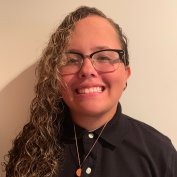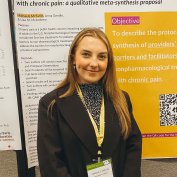The Center for Behavioral Health Promotion and Applied Research (CBHPAR) promotes the behavioral health of adolescents, emerging adults and college students by advancing innovative, evidence-based practices that address alcohol and other drug use, mental health risks, including suicide, and related concerns.
The Center provides national leadership in translational research focused on college student behavioral health through intervention development, evaluation and dissemination efforts.
We also teach and supervise undergraduate, graduate and postgraduate trainees, and engage with partners on campus, throughout the Capital Region, statewide and nationally.
A Comprehensive Public Health Approach
The center's team implements a comprehensive public health approach to deliver prevention and intervention programs at various levels, including universal strategies at the population level, early intervention strategies for potentially at-risk groups and individuals, and indicated strategies for individuals who may benefit from treatment, referrals or consultation services.
- Behavioral Health Promotion to Optimize Health & Well-being
- Peer-facilitated prevention programs
- Environmental management
- Gambling addiction
- Early Interventions to Reclaim Health & Reduce Risk
- Screening, brief intervention and referral to treatment (SBIRT)
- Screening, brief intervention and referral to treatment (SBIRT)
- Referral Services
- Treatment and referral services
- Victim Services
- Protocols and responses to urgent or emergent situations
- Linkages to community agencies and hospitals
Contact CBHPAR
For more information about our work or to partner with us, please contact our Director, Dr. M. Dolores Cimini, at [email protected] or 518-956-8471.
The Center is located in the Catskill Building, Room 271, on the Uptown Campus.





















